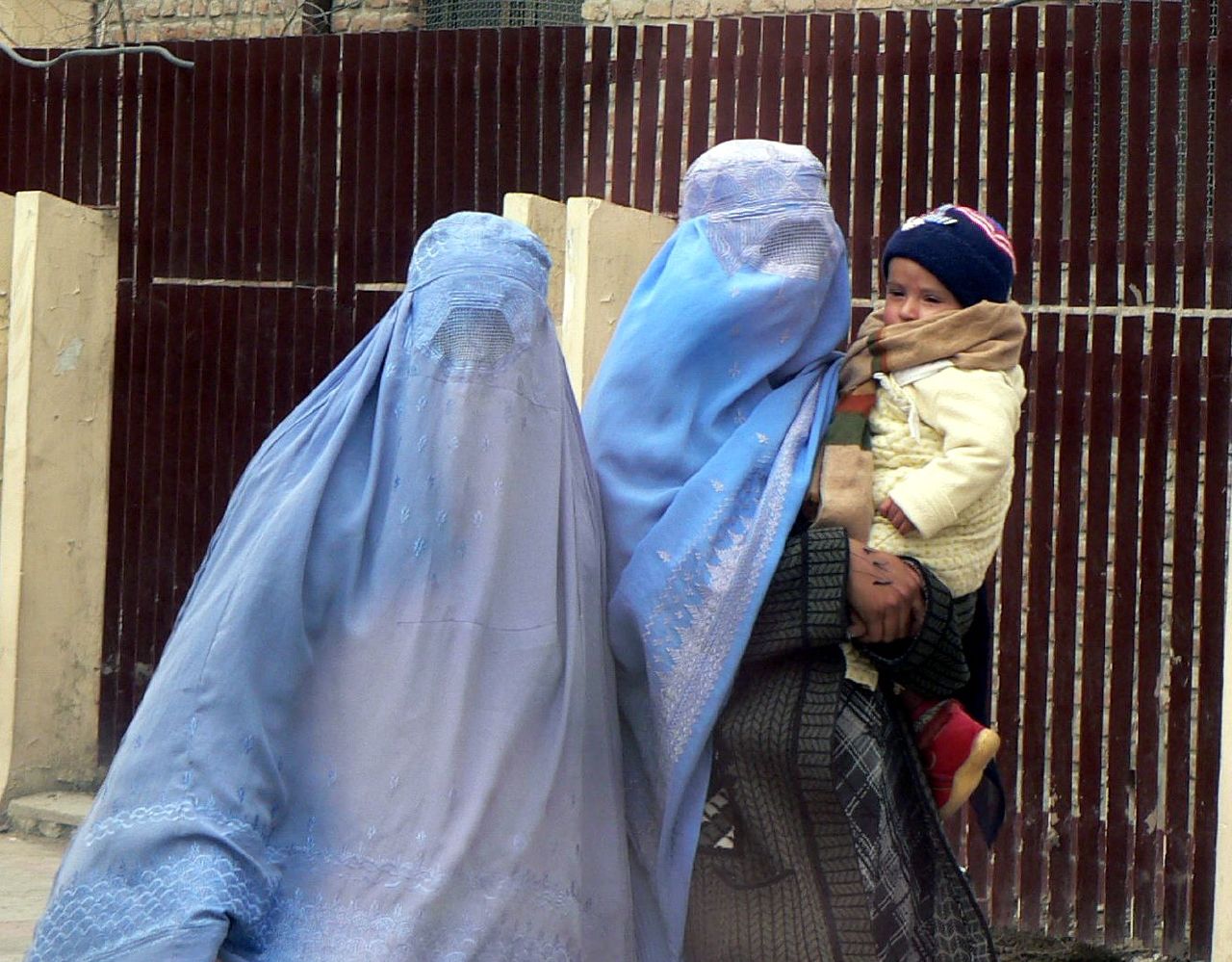- About
- Topics
- Picks
- Audio
- Story
- In-Depth
- Opinion
- News
- Donate
-
Signup for our newsletterOur Editors' Best Picks.Send
Read, Debate: Engage.
| topic: | Human Rights |
|---|---|
| located: | Afghanistan |
| editor: | Manija Mirzaie |
Afghanistan’s de-facto Taliban authorities are inching closer to implementing multi-billion dollar energy deals with the regional countries as well as its powerful neighbour China in evident pursuit of finances regardless of the rights and liberties of the population.
Multiple trade delegations from China, Turkmenistan, Pakistan, and Uzbekistan have visited Kabul on this one-point agenda to discuss how to swiftly exploit the rare earth metals and other precious minerals from the war-ravaged country facing an acute humanitarian crisis.
One of the major projects in sight is the long-awaited gas pipeline deal in Turkmenistan, Afghanistan, Pakistan, and India. Four years ago, during the Afghan Republic, Turkmenistan and Afghanistan signed a memorandum of understanding to expedite the construction of a nearly 2,000-kilometer pipeline known as TAPI, which would transport Turkmenistan’s natural gas to Pakistan and India through Afghanistan.
This mega project is set to supply about 33 billion cubic meters (bcm) of gas annually from Turkmenistan’s giant Galkynysh gas field, with Afghanistan benefiting just a tiny fraction of five bcm. At the same time, Pakistan and India will receive 14 bcm each.
Another significant investment is the Mes Aynak copper mining deal with China east of Afghanistan. The area is one of the poorest in the country despite multi-billion dollar copper reserves and China’s desperate bid to proceed with the extraction.
These projects could support Afghanistan’s population grappling with hunger, mounting restrictions and disparities. But there has been no mention of the Taliban’s oppressive policies in negotiations for these mega projects from either side.
In its quarterly report, the United Nations Assistance Mission in Afghanistan (UNAMA) expressed concerns over the rights of women and girls, media freedom, targeting of former officials and security forces, as well as corporal punishment and civilian harm, among other issues in Afghanistan.
This update on the human rights situation in Afghanistan, covering the period from April to June 2024, is based on monitoring undertaken by UNAMA’s Human Rights Service in accordance with its mandate from the UN Security Council, it said.
It said that on 2 June 2024, the de-facto Directorate General of Administrative Affairs issued a letter to some de-facto provincial departments instructing them to “standardise” the salaries of women civil Servants hired by the former Republic administration to 5,000 Afghanis (approximately $70) per month, regardless of grade.
Similarly, in late June, several de-facto Directorates of Education ordered the freezing of payment of salaries of their female employees following a letter by the de-facto Ministry of Education to the office of the Islamic Emirate authorities’ Supreme Leader Seeking clarification on how to implement the “standardisation” of women employees’ salaries.
On press freedom, it said that following an announcement by the de facto Ministry of Justice on 31 March prohibiting political parties,12 numerous media outlets with alleged political affiliations faced suspension.
These are all grim reminders that the Taliban regime has no regard for the rights and liberties of the population and is only interested in exploiting resources to prolong the oppression. The international community shall intervene and link all mega projects to provide these rights to the deserving Afghan population.
Image by Khusen Rustamov.

